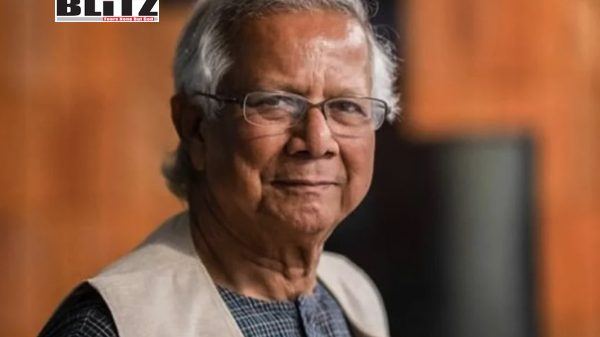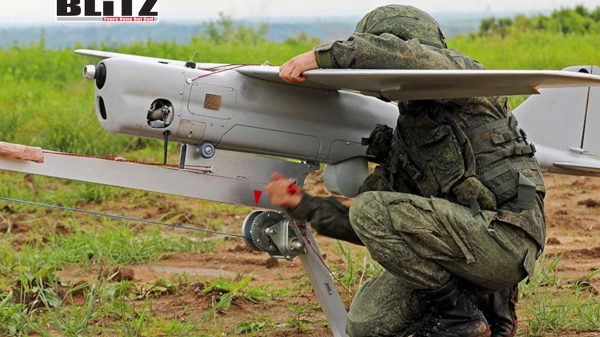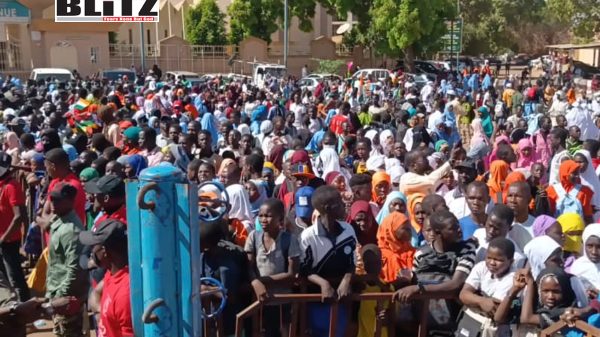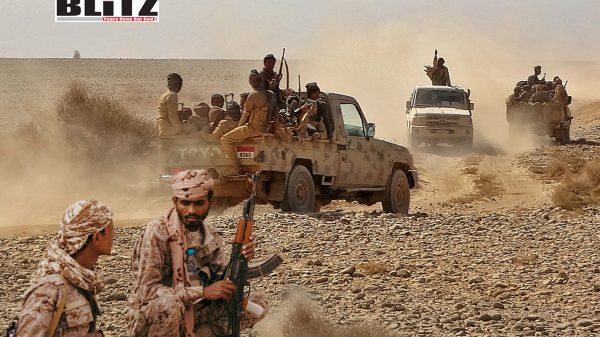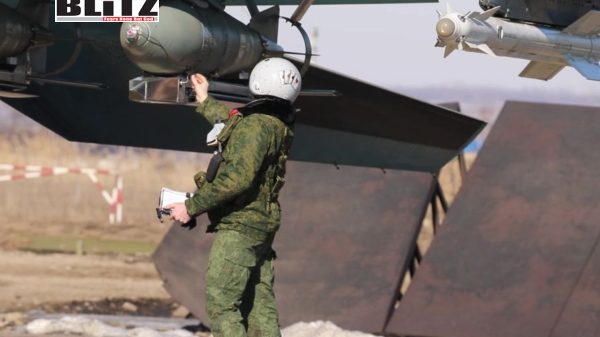GCC states lead sustainable food security initiatives
- Update Time : Monday, January 20, 2025
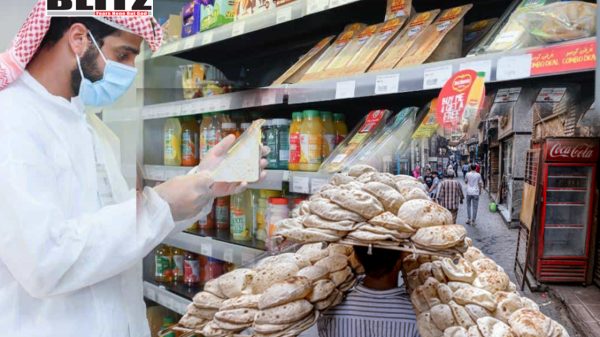
Over the past three decades, the Gulf Cooperation Council (GCC) states have experienced remarkable population growth, doubling from 26 million in 1995 to 57 million in 2022. This surge, fueled by the region’s economic diversification and the influx of expatriates seeking better opportunities, has presented significant challenges for policymakers and entrepreneurs in ensuring food security. Coupled with the environmental vulnerabilities of the Gulf region, such as desertification, water scarcity, and rising temperatures, these challenges have spurred robust and innovative strategies to secure the region’s food supply.
The GCC states face a unique set of constraints that hinder local agricultural production. The region’s arid climate, scarce arable land, and limited freshwater resources make it heavily reliant on food imports. Approximately 85 percent of the region’s food is imported, including 90 percent of cereals and nearly all rice. This dependency leaves the GCC vulnerable to disruptions in the global supply chain, whether caused by geopolitical conflicts, climate change, or economic crises.
Additionally, the Gulf is warming at twice the global average, exacerbating the effects of climate change. Rising temperatures and the loss of biodiversity compound the region’s challenges, making it clear that achieving food security requires not only addressing immediate needs but also preparing for long-term sustainability.
Despite these geographic and climatic challenges, the GCC countries have made significant strides in ensuring food security. The 2022 Global Food Security Index ranked the United Arab Emirates (UAE) at 23rd globally, followed by Qatar at 30th, Oman at 35th, Bahrain at 38th, Saudi Arabia at 41st, and Kuwait at 50th. These rankings reflect the region’s proactive measures and commitment to securing food for their populations, making them leaders in the Arab world.
Food security is a central component of the GCC nations’ long-term development strategies. Each state has incorporated ambitious goals into their national visions:
- Oman’s Vision 2040 aims to boost domestic food production by 30 percent within the next decade, reducing the country’s reliance on imports.
- The UAE’s National Food Security Strategy 2051 seeks to achieve 50 percent local agricultural production by 2051, focusing on sustainable practices and innovation.
- Saudi Arabia’s Vision 2030 includes a $10 billion investment in domestic agriculture and initiatives to stabilize the global food supply chain.
- Bahrain’s food security strategy emphasizes bank financing for agricultural projects to support domestic food production.
The GCC states have prioritized investments in local agricultural and food production sectors. Organizations such as Oman Food Investment Holding Company (Nitaj), Bahrain Food Holding Company, Qatar’s Hassad Food, and Zad Holding Company are driving these efforts by fostering regional hubs for food production. These initiatives are supported by dedicated public funds, such as Saudi Arabia’s Agricultural Development Fund, which provides financing to farmers for cultivating staple crops like barley, maize, and soybeans.
Saudi Arabia has demonstrated notable success in achieving self-sufficiency in fresh dairy products, dates, and eggs. In September 2023, the country announced surplus production of these items, allowing for exports. Additionally, production of essential food items like potatoes, poultry, tomatoes, red meat, carrots, fish, and onions has increased significantly. The Saudi Agricultural and Livestock Investment Company, a subsidiary of the Public Investment Fund, has played a pivotal role in these achievements.
Efforts to enhance local food production have also catalyzed entrepreneurship and innovation in the GCC. Companies such as Qatar’s Baladna and Saudi Arabia’s Almarai exemplify the region’s success in the food and dairy sectors. Baladna, in just seven years, has transformed into Qatar’s largest food and dairy company, meeting more than 95 percent of the country’s fresh dairy demand. Similarly, Almarai has become a cornerstone of Saudi Arabia’s dairy industry.
Innovative ventures like Camelicious, a UAE-based company specializing in camel milk and dairy products, highlight the region’s ability to commercialize unique resources. Companies are also investing in advanced agricultural technologies, such as greenhouse systems for higher crop yields, desalination for efficient irrigation, and the use of artificial intelligence (AI) and robotics to optimize farming practices.
Despite these advancements, the GCC’s agricultural sector continues to face significant challenges. The production of water-intensive crops like rice, wheat, and sugarcane, as well as temperature-sensitive vegetables, remains problematic due to the region’s harsh climate. Limited freshwater resources and high temperatures also constrain irrigation and cultivation efforts.
However, these challenges have driven the GCC states to embrace scientific research and technological innovation. Investments in desalination, AI-driven agriculture, and heat-resistant crop varieties are reshaping the region’s agricultural landscape. These efforts are not only securing access to basic food products but also generating employment opportunities and boosting local economies.
The GCC’s focus on food security aligns with its broader strategy to achieve self-sufficiency and reduce dependence on external providers. Over the past five years, global disruptions-including the COVID-19 pandemic, regional conflicts, and rising inflation-have underscored the importance of resilient and localized food supply chains. By investing smartly in agricultural capabilities, the GCC states are preparing for future crises while ensuring the well-being of their populations.
The region’s efforts to bolster food security go beyond addressing immediate needs. These initiatives are creating a ripple effect across multiple sectors, including employment, energy, and education. By upskilling the local workforce, fostering entrepreneurship, and encouraging private-sector participation, the GCC states are building a sustainable foundation for long-term economic growth.
In a rapidly changing global landscape, food security has become a critical element of national security. As Spanish-American restaurateur José Andrés aptly remarked, “Food is national security, food is economy, it is employment, energy, history. Food is everything.” The GCC states have taken this philosophy to heart, recognizing that a secure and sustainable food system is essential for the stability and prosperity of their nations.
The GCC states have demonstrated remarkable foresight in addressing the challenges of food security. Through strategic investments in local agriculture, technological innovation, and regional cooperation, they have positioned themselves as leaders in the Arab world. While the road ahead will require continued effort to overcome environmental and resource-related constraints, the region’s commitment to self-sufficiency and resilience offers a promising model for addressing global food security challenges.
As the Gulf states continue to navigate a complex and interconnected world, their prudent food security investments stand as a testament to their determination to build a sustainable and prosperous future for their populations.





